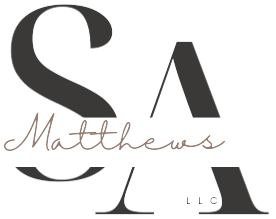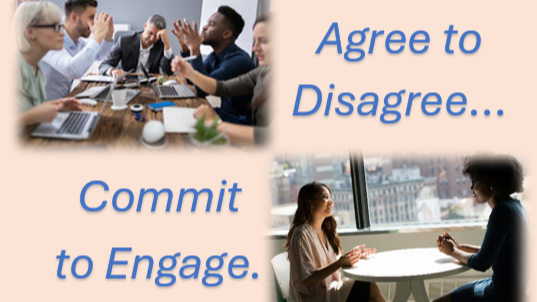The Perceived Privilege of Pain: Building Bridges Amid Conflict
Societal norms serve as unspoken agreements that shape our interactions. They help maintain order, ensure psychological safety, and create a sense of belonging. While these norms can sometimes reinforce systemic harm, they often play a critical role in preserving peace. But what happens when we experience harm? Often, those who have been hurt believe their […]
The Perceived Privilege of Pain: Building Bridges Amid Conflict Read More »

